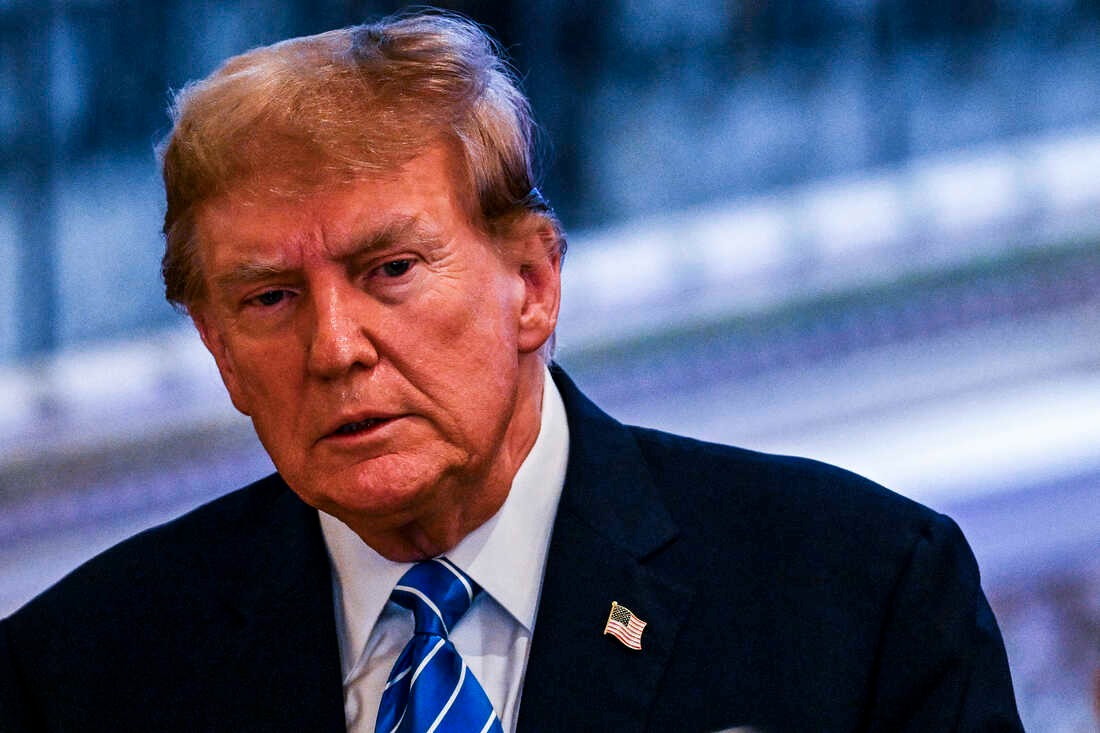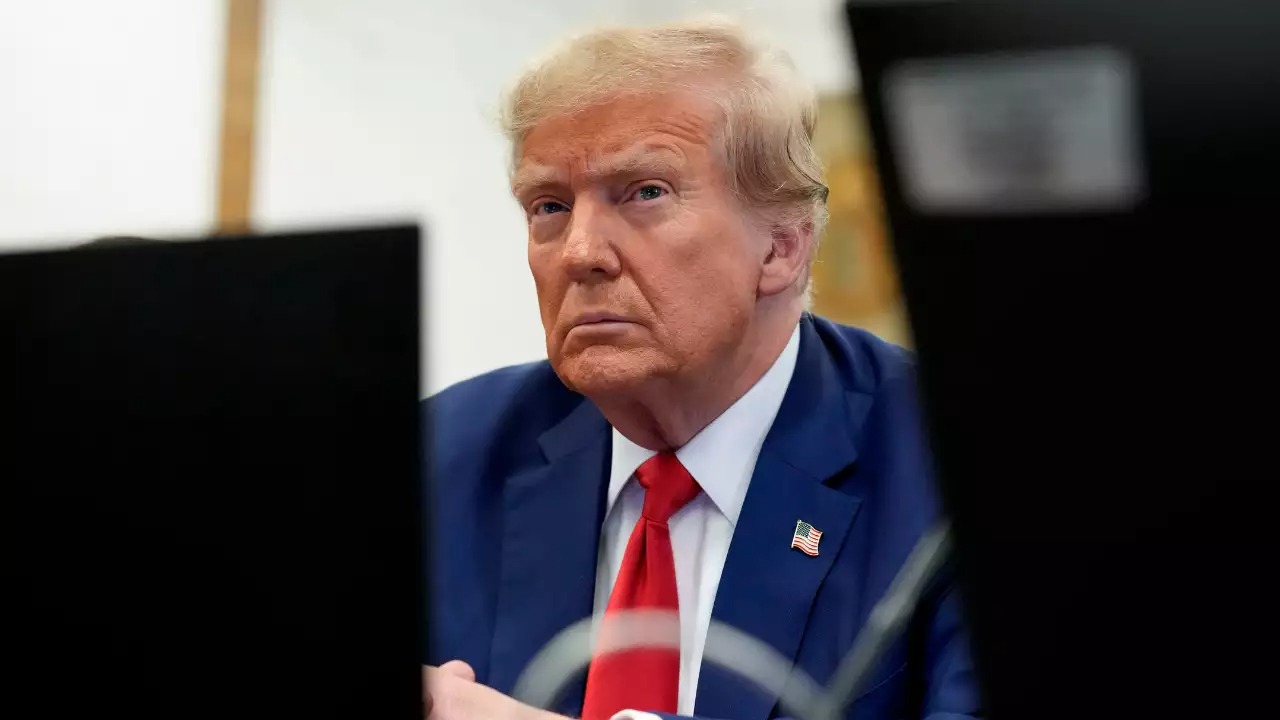In a recent development, a federal judge in Florida denied a motion to dismiss former President Donald Trump’s classified documents case.
The motion was challenged by an amicus curiae brief, composed of former prosecutors, government officials, constitutional lawyers, and organizations, which argued against Trump’s assertion that special counsel Jack Smith‘s appointment and funding were improper.
This debate centers on the legality of Smith’s role as an “inferior officer” under the Constitution, appointed by Attorney General Merrick Garland to investigate and prosecute crimes against the United States. The group opposing Trump’s motion maintained that Smith’s appointment aligns with constitutional and legislative provisions.

In February, Trump’s legal team argued that Smith lacked the legal standing to prosecute, questioning the establishment and funding of the special counsel’s office. They contended that the office, not being officially established by Congress nor having Smith confirmed by the Senate, invalidated his appointment.
Trump’s lawyers have described the funding of the special counsel’s office as off-the-record, accusing the Biden administration of operating outside legal bounds. They insisted that the court’s only course of action should be to dismiss the indictment due to these perceived irregularities.
In response to Trump’s filings, the court allowed the filing of three amicus briefs supporting Trump’s position. These briefs highlighted various legal perspectives, albeit with differing viewpoints.
However, attorneys Matthew Seligman and Cristina Alonso, representing the group challenging Trump’s motion, labeled Trump’s dismissal arguments and the supporting amici briefs as unfounded and inconsistent. They urged the court to recognize the lawful basis of Special Counsel Smith’s appointment.

Law professor Josh Blackman presented a contrasting argument, suggesting that Smith’s temporary role does not constitute him as an officer under the Constitution, thereby questioning the legality of his actions.
The debate extends to the interpretation of the Appointments Clause of the Constitution, which dictates the establishment and appointment process for federal offices. Trump’s motion argues against the legitimacy of the special counsel’s office, positing that Smith operates without proper legal authority.
Special Counsel Smith has dismissed these claims as baseless, asserting his legal authority to prosecute the case against Trump. Judge Aileen Cannon set a deadline for Trump’s legal team and the special counsel to respond to the recent amicus brief, further progressing the case toward resolution.
Appointed by Garland in November 2022, Smith was tasked with investigating and prosecuting federal crimes related to the seizure of classified documents from Trump’s Mar-a-Lago estate. This marked a significant point in the ongoing legal proceedings against the former president.


